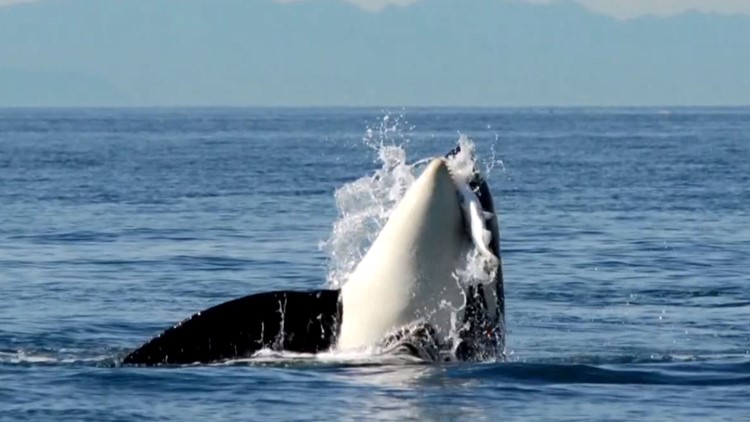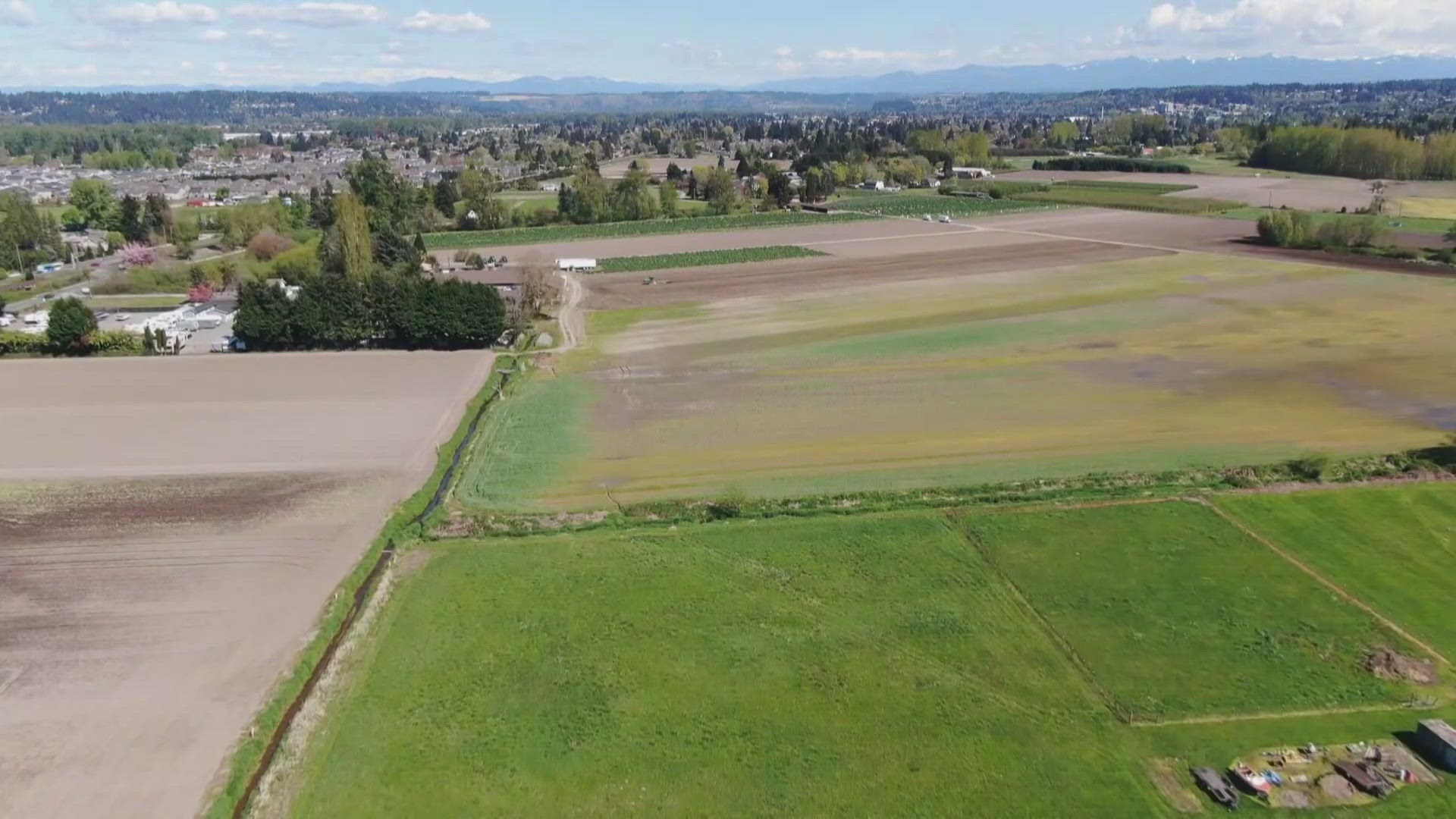Governor Jay Inslee’s orca task force voted Tuesday to recommend a three- to five-year moratorium on commercial whale watching for Southern Resident killer whales.
The move aims to reduce boat traffic near orcas, which is one of several factors hurting struggling Southern Residents.
Researchers who study underwater acoustics say reducing boat noise is an immediate first step to take so orcas can find their food, because the white noise created by vessels makes it difficult for orcas to hunt for salmon.
"We are not talking about a little blip in there population. We are talking about extinction. We are talking about them never coming back," said Task Force member Donna Sandstrom. "There were studies they came out last year that showed that orcas lose 5 1/2 hours of foraging time every day because of noise and disturbance from the whale watch industry specifically and from commercial vessels."
However, the Orca Behavior Institute argued that commercial whale watching were lesser noise polluters compared to barge traffic and commercial fishing boats, and the moratorium would hit local business hardest.
The recommendation also sparked outrage from whale advocacy groups who say the moratorium would not address the bigger issue of dwindling prey. In order to boost salmon populations those groups say more drastic measures are needed, such as the removal of dams on the Snake River, which could help migrating salmon to get to the orcas.
"The laundry list of recommendations and the 'bold' last minute introduction and passage of wording proposing a meaningless moratorium of a benign activity while skirting THE major problem for these whales - salmon population crashes throughout their range - is appalling," Ken Balcomb, executive director of the Center for Whale Research, said in a statement. "Honesty was crushed by politics and vested interests, even within agencies whose responsibility it is to manage natural resources sustainably."
The Pacific Whale Watch Association reports that less than 15% of their tours encounter the Southern Residents, who spend less time in Puget Sound than years past. Last year, PWWA says K Pod was only spotted 10 days. They argue that large fleets going faster are a much bigger problem.
"Currently those guidelines call for us to slow down to seven knots or less when we are within a kilometer of whales. This was validated by NOAA's D-tag science, where they measured the sound reaching killer whales. What that study found was that the primary driver of the sound that reaches whales is the speed of vessels," explained PWWA President Jeff Friedman. "We need to get busy with salmon recovery. We have eight dams on the Columbia River that are blocking salmon recovery. We need to address that. If we think that we are going to recover southern residents without getting serious about salmon recovery, it's not going to happen and the clock is absolutely ticking."
It’s unclear how the measure would be enforced.
All but two members on the orca task force approved the moratorium, one of whom represents the Pacific Whale Watch Association. Task force members voted on the recommendation without any public comment.
The moratorium still needs to be approved by Inslee before going into effect.
The task force came up with several other potential recommendations in September, including increasing violations against habitat protection and water quality violations.



